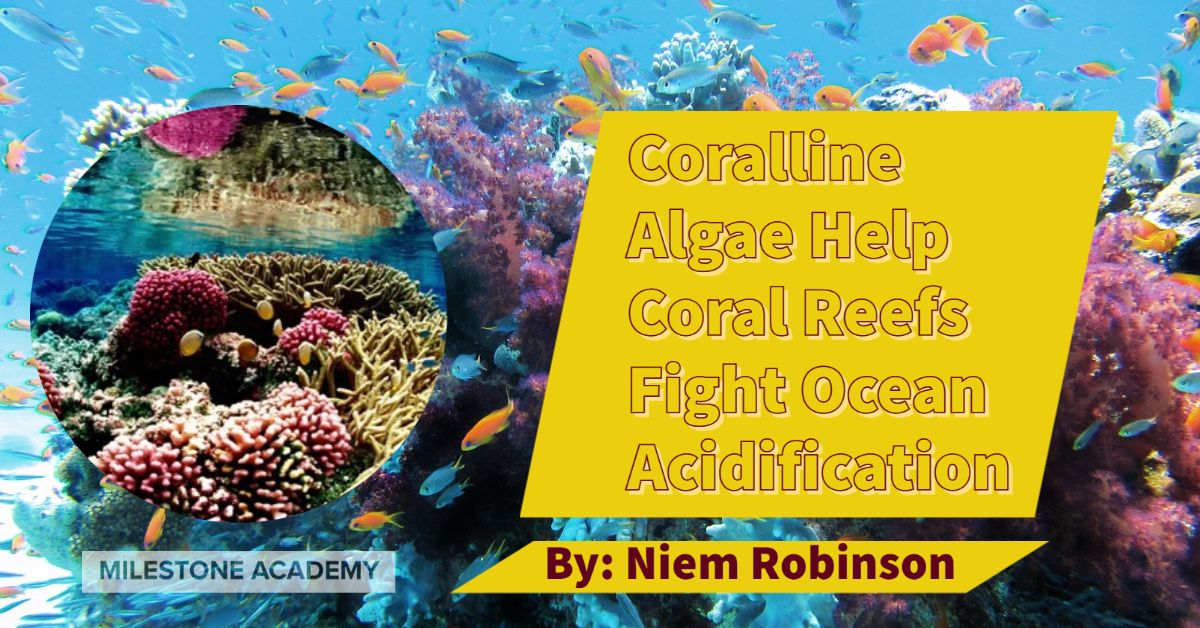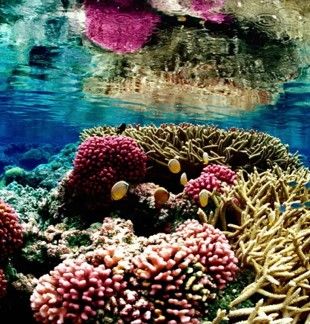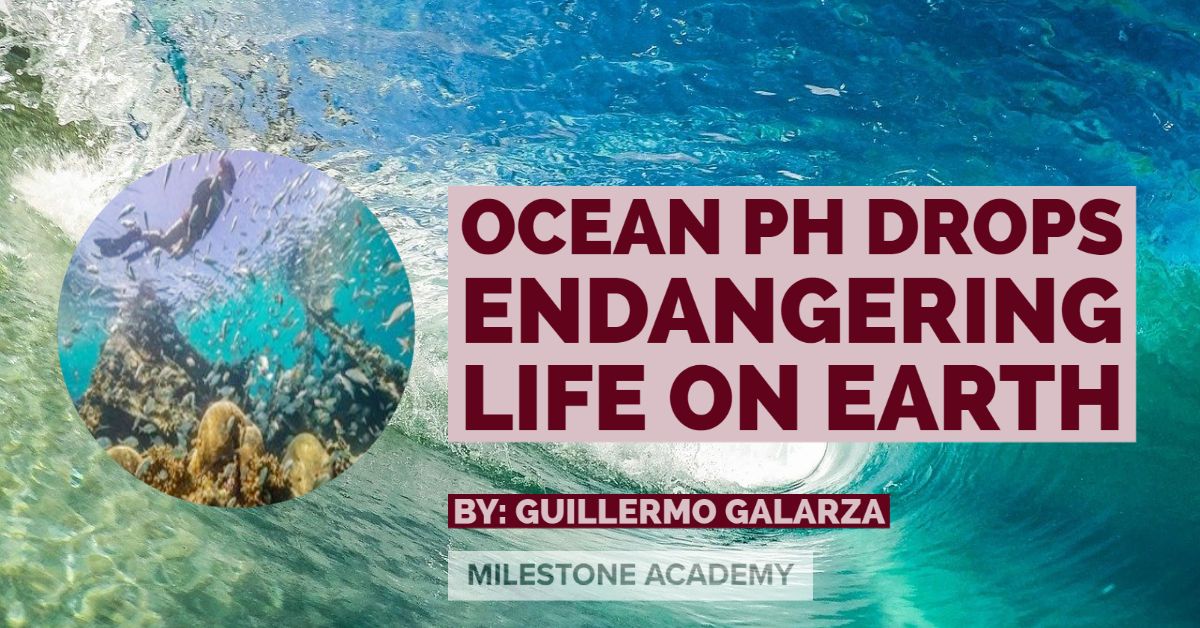Coralline Algae Help Coral Reefs Fight Ocean Acidification
Written By Niem Robinson

A type of algae known as “coralline algae may be able to resist climate change and ocean acidification. Scientists researchers from the ARC Centre of Excellence for Coral Reef Studies at The University of Western Australia (Coral CoE at UWA) discover algae to that can survive climate change and ocean acidification. The University of Western Australia studies coral reefs and over time they realize it [is] affect[ed by] ocean calcification.
“Coralline algae go through a natural process of calcification, where they build a crustose-like calcium carbonate skeleton,” said lead author Dr. Christopher Cornwall. “Skeletons like this provide structure, allowing them to grow, as well as providing a substrate for other organisms such as corals to grow upon,” he said.

Crustose coralline algae can adapt to different ocean environments. Most of these algae are located in northern Australia. If the crustose algae did not exist we would not know the coral reef.
Coralline algae are useful for model species to test the hypothesis that crustose coralline algae can cure them. The experiment took 18 months to complete. The algae took six generations about six to eight weeks to cure completely select pieces of coral reef from the effects of ocean acidification. [Missing final quote from the article.]
Here’s some other student articles that may interest you:


